The Republic of Moldova, between the East and the West
Romania, the Republic of Moldova and the Romanian communities in the Diaspora are celebrating 101 years since the union of Bessarabia with the motherland

Bogdan Matei, 27.03.2019, 13:09
On March 27,
towards the end of WWI, against the dismantling of the Tsarist Empire, the
country’s Advisory Council, Bessarabia’s legislative body, voted in favour of the
union of this predominately Romanian-speaking province with the mother-land. It
was the first act in the setting up of the Romanian national state, a process
which, at the end of the same year, would end by the provinces of Bukovina,
Transylvania, Banat, Maramures and Crisana falling under the authority of
Bucharest, under the rule of the Hapsburg Empire. Far from being euphoric, the
ceremonies devoted to Bessarabia are rather evocative and not devoid of
sadness.
The union lasted only 22 years. In the summer of 1940, following an
ultimatum, Stalin’s Moscow annexed both Bessarabia and the north of Bukovina,
territories that currently belong to the former Soviet republic of Moldova and
Ukraine. Back then, hundreds of thousands of Bessarabians took refuge in the
downsized Romania, other dozens of thousands were deported to Siberia and Kazakhstan,
and instead the occupiers brought colonists recruited from all the corners of
the Empire.
Independent as of 1991, ‘today’s republic is not the Bessarabia of
1918, neither in terms of ethnic configuration, nor in terms of territories and
frontiers. The Republic of Moldova is much more divided from a political,
administrative, ethnic, linguistic and religious point of view than Bessarabia
was back in 1918 according to the Moldovan Ambassador to Bucharest, Mihai
Gribincea. He has warned that the gravest consequence of half a century of
occupation is that, although the Republic of Moldova has left the Soviet Union,
in terms of mentalities, the Soviet Union has not left the Republic of Moldova.
Forced to cohabitate, the pro-West PM Pavel Filip, who defined the two
countries as ‘twin hearts’, and the pro-Russia socialist president Igor Dodon,
who travels to Moscow more often that it does to the provinces, are
representative for the political, geo-political and moral rift in the
Bessarabian society.
Last month’s parliamentary elections did not reveal a
clear winner, capable of creating a new majority. On the contrary, they
certified the same fragmentation between the president, the Government and the
pro-European right wing. In the past years, in both capitals, dozens of
thousands of people have participated, under the slogan Bessarabia is
Romania, in the so-called unionist marches. They have been animated by the
conviction that to the Republic of Moldova, governed by a deeply corrupt
political class, rendered fragile by the pro-Russia separatism in Transdniestr
and which all rankings indicate as the poorest country in Europe, the only
solution would be the union with Romania, an EU and NATO member state, with a
functional rule of law and where the GDP per capita, according to experts, is
20 times bigger.






























